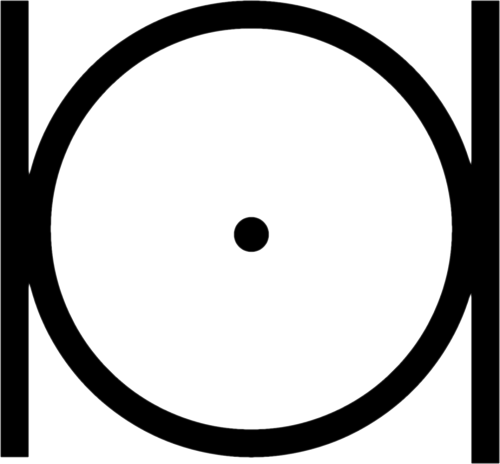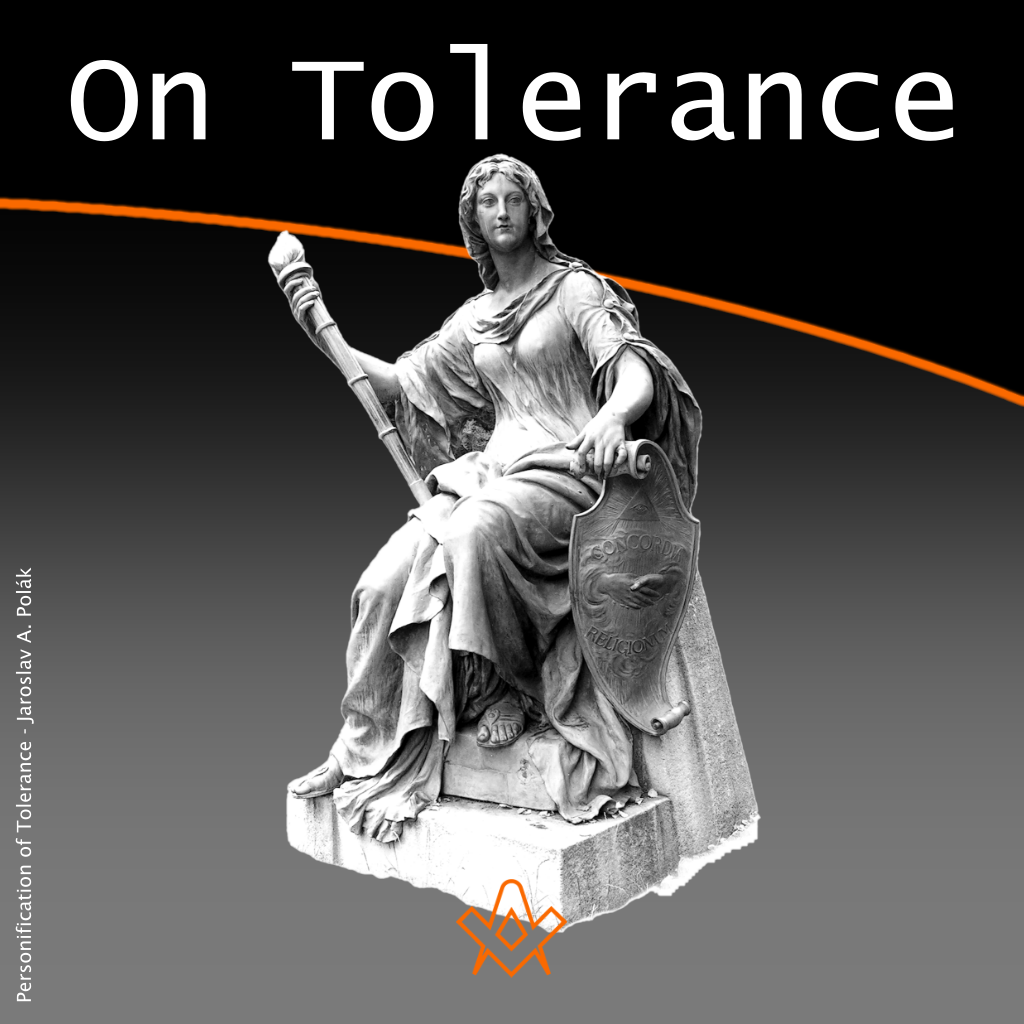Tolerance is understood as respect for the ideas, beliefs, and practices of others when they are different or contrary to one’s own.
![]()
The best consequence of education is tolerance
– Helen Keller
In 1763, the philosopher Francois-Marie Arouet, better known as Voltaire, motivated by the murder of the Huguenot Jean Calas in 1762, who was a victim of the intolerance of the people of Toulouse, wrote his “Treatise on Tolerance”.
Voltaire’s work allowed Calas’ innocence to be recognized in 1765.

The cruel death of [Jean] Calas, who was broke on the wheel at Toulouse, 10 March 1762
IMAGE LINKED: wikimedia Attribution 4.0 International (CC BY 4.0)
The Q∴ H∴ Voltaire was an active defender of freedom in the face of dogmatism, superstition, ignorance, tyranny, and intolerance.
For Voltaire, tolerance is a “natural and human right”. In this sense, Voltaire declared:
“you know that intolerance only produces rebellious hypocrites”;
“intolerance is the only thing intolerable”;
“intolerance has covered the land with slaughter”.
Tolerance is understood as respect for the ideas, beliefs, and practices of others when they are different or contrary to one’s own.
In politics, tolerance is accepting and respecting the basic rights and civil liberties of individuals and groups whose views differ from one’s own.
Tolerance must be praxis, action, a human being’s own activity that allows him to transform himself, to reach a level of consciousness destined to understand his historical evolution.
The praxis of tolerance lies in recognizing others as subjects of rights and duties, as members of a society that guarantees their dignity in the recognition of the differences inherent in human nature.
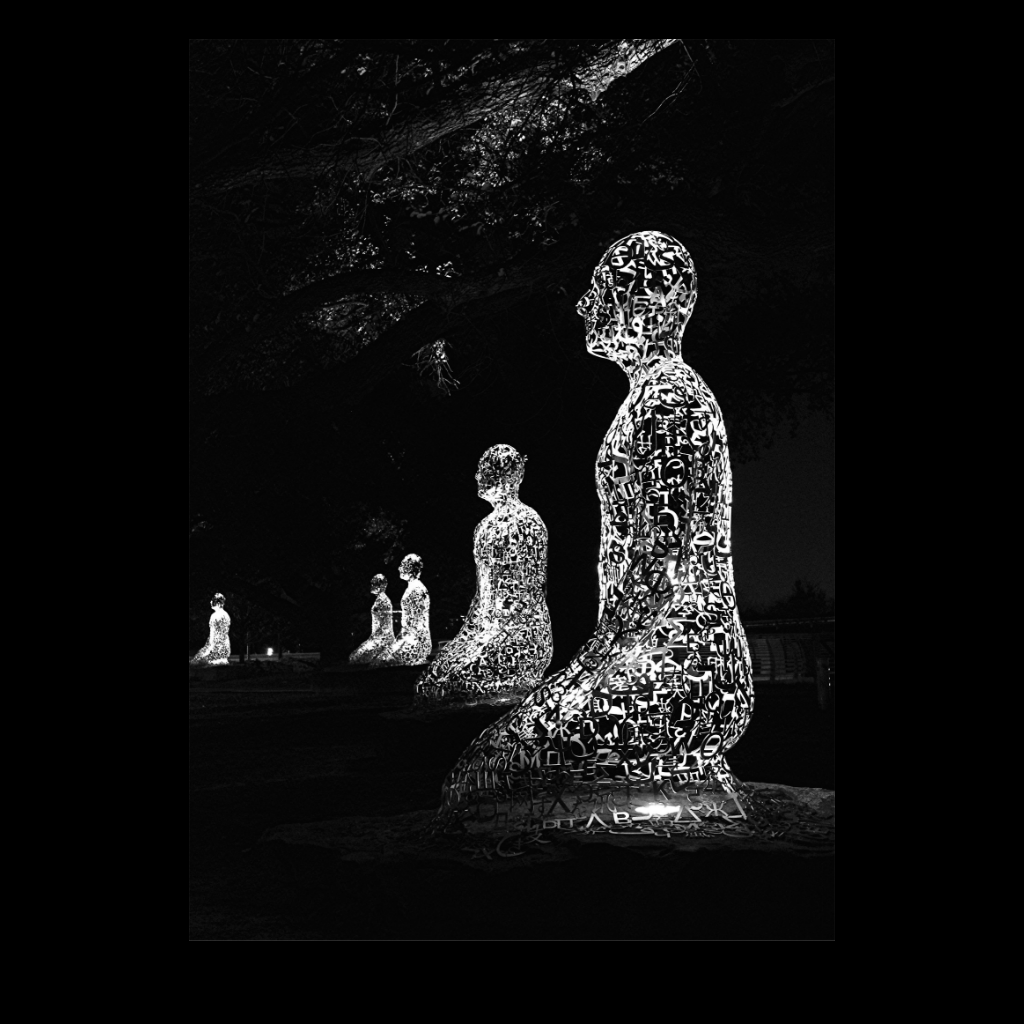
“Tolerance” – Night view of the illuminated Tolerance statues on Allen Parkway near Buffalo Bayou. Houston, TX – Artist: Jaume Plensa, Sculptor – Photo by 2C2K
IMAGE LINKED: flickr Attribution 4.0 International (CC BY 4.0)
In the praxis of tolerance is the foundation of freedom, both of thought and of action; free will that is the origin of the foundation of human dignity.
Tolerance, however, has its limits, the Austrian philosopher Karl Popper said “unlimited tolerance must lead to the disappearance of tolerance”.
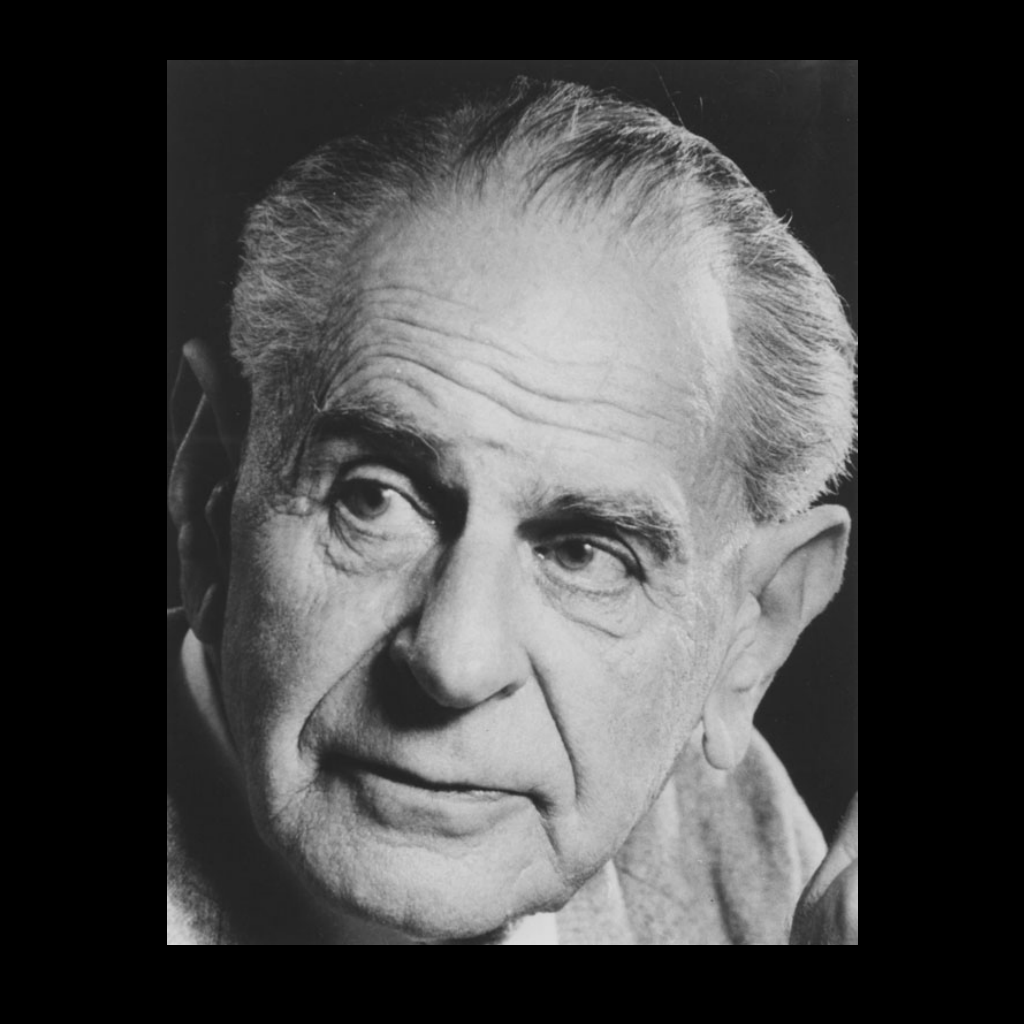
Karl Popper c.1980s – Reference: IMAGELIBRARY/5
IMAGE LINKED: flickr Attribution 4.0 International (CC BY 4.0)
Popper described this “paradox of tolerance” in The Open Society and Its Enemies (1945) where he declares that “if a society is tolerant, without limit, its capacity to be tolerant will eventually be reduced or destroyed by the intolerant”.
Popper continues and adds:
We must then claim, in the name of tolerance, the right not to tolerate the intolerant.
We must demand that any movement that preaches intolerance remains outside the law and that any incitement to intolerance and persecution be considered criminal, in the same way as in the case of incitement to murder, kidnapping or slave trafficking…
We therefore have to claim, in the name of tolerance, the right not to tolerate intolerance.

Vol. 1 of The Open Society and Its Enemies by Karl Popper, published in 1945.
IMAGE LINKED: wikimedia Attribution 4.0 International (CC BY 4.0)
What we call intolerance, according to Sigmund Freud, is a “narcissistic reflex” that should be treated as a social issue and not in a particular way, since it is an issue that affects society.
To achieve a good practice of tolerance and a correct discernment about its limits, an education free of all beliefs of an indisputable nature is required, or that can be taken as true as an undeniable and obligatory principle for students, that is, it must be an education without dogmas, for dogma leads to ignorance and ignorance leads to intolerance.

A free and tolerant education turns the woman and the man into a thinker, then not to think, when saying the Q∴ H∴ Oswald Wirth,
is consenting to be dominated, led, directed and commonly treated like a beast of burden.
It is by his intellectual faculties that man is distinguished from the brute.
Thought makes him free and gives him the rule of the world.
To think is to reign, without pretending to be in possession of the truth, neither catechize nor indoctrinate.
Education is teaching the diversity of the human species to become aware of the similarities and interdependence between all human beings, therefore, and in the words of the French philosopher Auguste Comte, “education is the only way to learn to live for others through the habit of making sociability prevail over personality.“
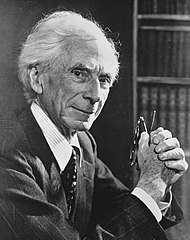
Bertrand Russell, in a message to future generations on tolerance, noted:
“Love is wise, hate is foolish. In this world that is becoming more and more interconnected, we must learn to tolerate each other.
We must learn to accept the fact that someone will say things that we will not like.
We can only live together that way.
If we are to live together and not die together, we must learn a kind of charity and a kind of tolerance that is absolutely vital to the continuation of human life on this planet.”
![]()
For a good practice of tolerance, an attempt to know and understand our human nature is relevant: is it genetically selfish or altruistic?

Richard Dawkins, an evolutionary biologist at the University of Oxford, published The Selfish Gene in 1976, postulating that human beings are genetically selfish, as an adaptive trait that increases the chances of survival to pass on our genes to the next generation.
However, scientific discoveries have shown the existence of altruistic genes, such as, for example, a variation in the AVPR1a gene (year 2007); a tiny variant in a gene called COMT (year 2010).
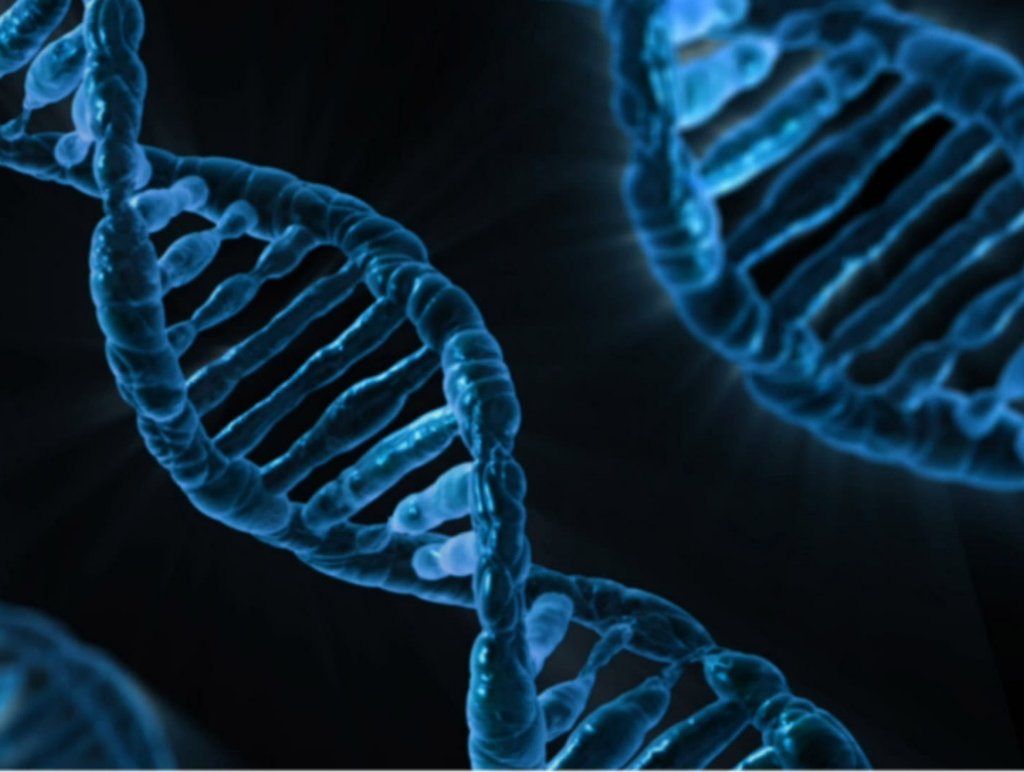
IMAGE CREDIT: pxfuel.com
Science has shown that both selfishness and altruism have a genetic basis, in such a way that human beings can inherit a greater drive for selfishness and a lower drive for altruism, or vice-versa;
However, the environment and socio-cultural relationships also determine this drive by increasing or decreasing it.
Given these conditions, the human being creates society (selfish-altruistic) and in turn society creates the human being (selfish-altruistic).
Thus, for example, a neoliberal society functions with little Democracy and Citizen interference, since the Market tends to replace society and political and state institutions, reducing human life to simple commercial exchanges, therefore, it is a selfish society for nature, which culturally conditions individuals to selfish social relationships.
Selfishness is the greed of wealth that is not distributed equitably. His political-economic ideology produces selfish and individualistic people, without a social conscience.
It is because of its very nature that a neoliberal society lacks a political culture of tolerance since tolerance is first and foremost the recognition of universal human rights and the fundamental freedoms of others.
Tolerance is a value whose ideal involves a reflection that goes beyond its doctrinal considerations, it is a look and a thought about the place that the human being occupies in the universe, an idea so despised by tyrants and dictators.

‘Pale Blue Dot’ By Voyager 1 – By NASA/JPL-Caltech – https://photojournal.jpl.nasa.gov/jpeg/PIA23645.jpg, Public Domain
IMAGE LINKED: wikimedia Attribution 4.0 International (CC BY 4.0)
“Pale blue dot” is a photograph of the Earth taken by the Voyager 1 space probe, from 6,000 million kilometres.
The astronomer Carl Sagan, inspired by that photograph, reflected with remarkable wisdom on human existence, here are some of his phrases, to rethink us in the face of our intolerance:
The Earth is but a tiny grain in a vast cosmic sand.
Think of the rivers of blood spilled by hundreds of generals and emperors, to achieve glory and be the momentary masters of a fraction of a point …,
… the frequency of their misunderstandings, the impatience to kill each other, the generation of fervent hatred …
– in the words of Bertrand Russell,
“a whole world of loneliness, poverty and pain makes a mockery of what human existence should be”
– … In the vast cosmic darkness, in all this vast darkness, there is no hint of that help will come from elsewhere to save us from ourselves…
the history of our species has lived there: in a speck of dust suspended in a ray of sunlight.
Our tiny existence in the immensity of the universe is a lesson in humility in the face of pride, arrogance, and hypocrisy of the human being, even of many brother Masons.
Thus, it is an unavoidable duty of every Mason, at all times and in any society, to educate and educate oneself in pursuit of the establishment of a culture about tolerance, which illuminates the path of the profane world towards that longing, always unfinished, of brotherhood among all men.
Article by: Carlos Francisco Ortiz
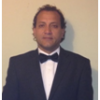
Carlos was initiated in 2015 in Equality Lodge No. 88. Joined Fraternal Action Lodge No. 42 in 2018. (under the regular Grand Lodge of Chile)
During his university life, and before receiving Masonic light, he participated in the reorganization and foundation of Clans of the Youth Fraternity. Alpha Pi Epsilon.

The Extended Selfish Gene
By: Richard Dawkins
The Selfish Gene is a classic exposition of evolutionary thought. In it Professor Dawkins articulates a gene’s eye view of evolution – a view giving centre stage to these persistent units of information, and in which organisms can be seen as vehicles for the replication of genes.
The book provoked widespread and heated debate, which in part led Dawkins to write The Extended Phenotype, in which he gave a deeper clarification of the central concept of the gene as the unit of selection, as well as contributing his own development of this insight.
For the first time, The Extended Selfish Gene brings these two books together, by including two key chapters from The Extended Phenotype.
These chapters provide Dawkins’s detailed and powerful response to two issues raised by critics of The Selfish Gene: the accusations of genetic determinism (the idea that our behaviour is entirely determined by our genes), and of “adaptationism” (that all traits are indiscriminately perceived to be adaptations resulting from natural selection).
While written in particular for the biology community, Dawkins’s clarity of expression allows these chapters to be accessible to all who are seriously engaged with the gene’s eye view and its implications.
The imaginative, powerful, and stylistically brilliant Selfish Gene not only brought the insights of Neo-Darwinism to a wide audience, but galvanized the biology community, generating much debate and stimulating whole new areas of research.
Forty years later, its insights remain as significant as on the day it was published. Along with the two extra chapters, The Extended Selfish Gene includes a new epilogue to The Selfish Gene from the author which highlights the relevance of the gene’s eye view to evolutionary biology today.

Pale Blue Dot: A Vision of the Human Future in Space
By: Carl Sagan
In Cosmos, the late astronomer Carl Sagan cast his gaze over the magnificent mystery of the Universe and made it accessible to millions of people around the world.
Now in this stunning sequel, Carl Sagan completes his revolutionary journey through space and time.
Future generations will look back on our epoch as the time when the human race finally broke into a radically new frontier—space.
In Pale Blue Dot, Sagan traces the spellbinding history of our launch into the cosmos and assesses the future that looms before us as we move out into our own solar system and on to distant galaxies beyond.
The exploration and eventual settlement of other worlds is neither a fantasy nor luxury, insists Sagan, but rather a necessary condition for the survival of the human race.
Recent Articles: by Carlos Francisco Ortiz
 Universal Freemasonry, beyond its particular and different rites and rituals, is an esoteric school itself since there can be no Freemasonry without esotericism. |
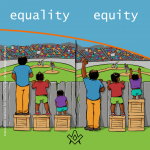 The difference between equity and equality? Equality means providing everyone with the same amount of resources regardless of their needs. Equity is when resources are shared based on each person needs. |
 Discover how the Grand Lodge of China escaped the power of communism. |
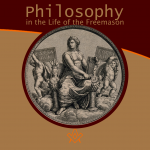 Philosophy in the Life of the Freemason Before the dark night of dogmatic thought, philosophy is the dawn of man, and the light for the Mason in his search for truth. |
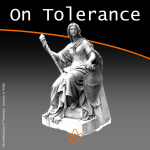 Tolerance is understood as respect for the ideas, beliefs, and practices of others when they are different or contrary to one's own. |
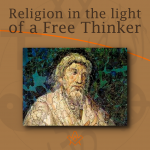 Religion in the light of a Free Thinker Every Mason is a sincere seeker of light, of all light that allows him to advance in his search for truth. |
 Life is shadow, death is light. We live in darkness and we die in the light - read on to learn more about 'a Mason's thought about death'. |
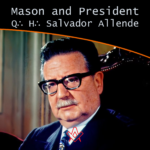 A Mason betrayed - the tragic story of President Salvador Allende. |
 The Mason and his Consciousness of Time Nobody can buy life, life is spent and the expense of life is time. As time goes by, life is spent. |
 Human life is itself trial and error, however, there are errors and horrors, and that is the remarkable difference between the actions of the profane and the actions of the Mason. |
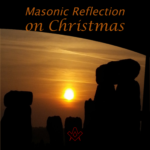 Masonic Reflection on Christmas What is the connection between Freemasonry, Christmas and pagan festivals? |
 Dear Brother - Q∴H∴ Jaime Galté Carré |
 Development of the Emulation Ritual Relevant historical background in the evolutionary development of the Emulation Ritual |
 What is Retejador? And why is it so important? |
 The Dream After the Initiation The dream, in a profane sense, is understood as a biological state or condition, as that which is an integral part of daily life |
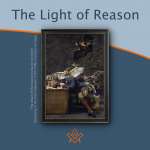 How does man think to himself and think of the universe |
masonic knowledge
to be a better citizen of the world
share the square with two brothers

click image to open email app on mobile device
